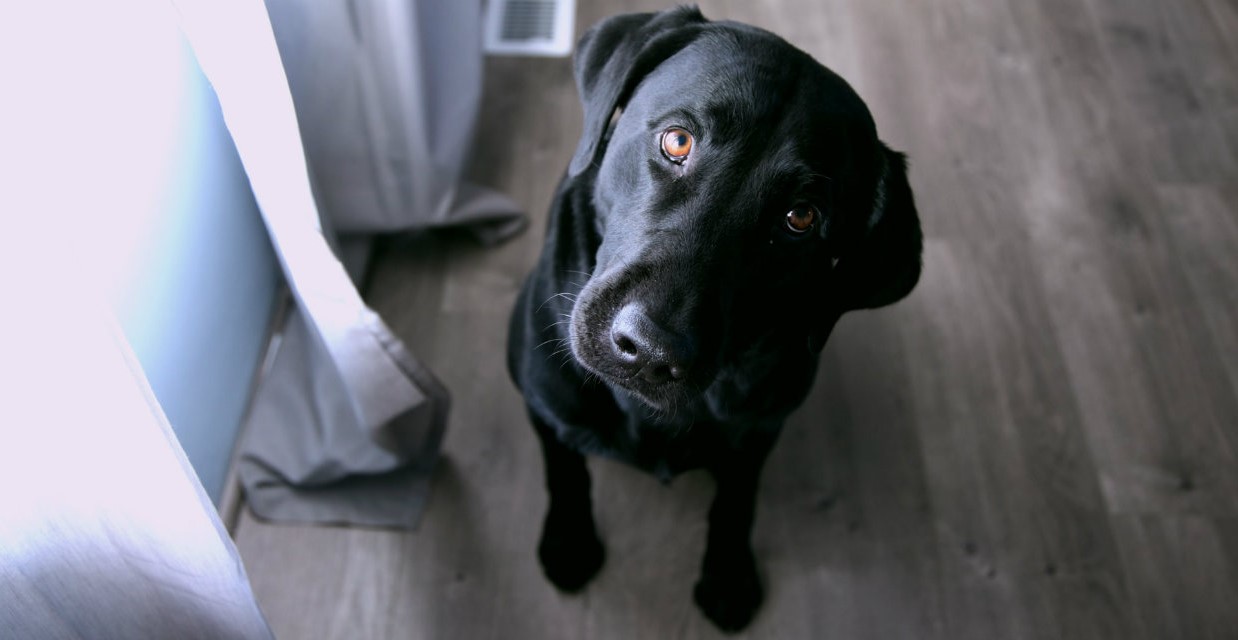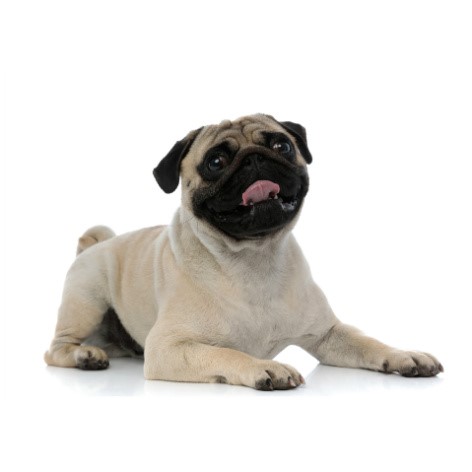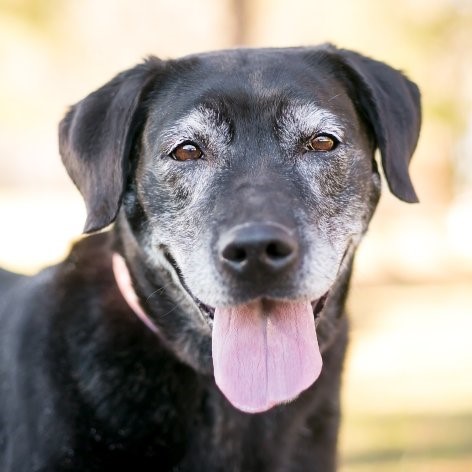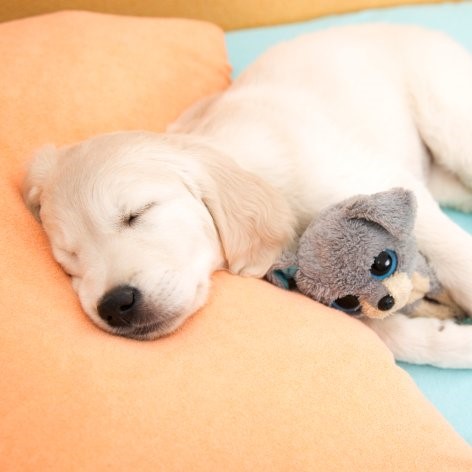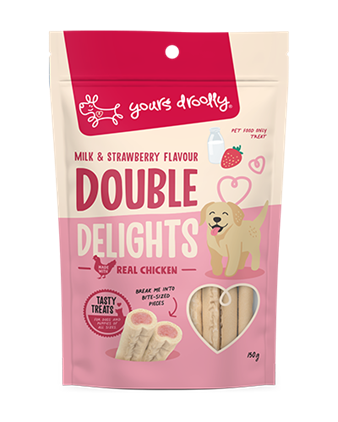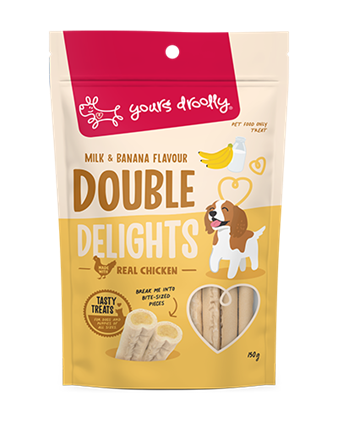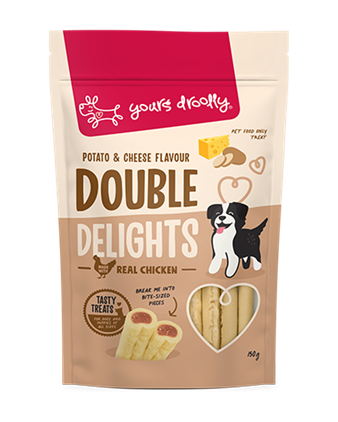It’s inevitable that from time to time, you’ll need to be able to entertain your dog inside your home. So, let’s make the most of it and get to know one another, while building bonds, learning and most importantly, having some fun.
Dogs are what’s called social obligates, meaning that they love spending time with their human(s).
While we take many physical and psychological benefits from being around them, they absolutely thrive on the kind of activities described below, to the point where it’s almost essential for their emotional balance, and behavioural health.
So we’ve put together 10 great activities for you and your dog to do at home.
1) Cuddles
It comes natural to some owners, perhaps viewed as an overindulgence for others, but the therapy of touch can’t be underestimated. Taking time out for a sit and a pat is priceless.
2) Teach a Trick
Every moment you are with your dog is a training opportunity. Go back-to-basics and remind yourself of the process of positive reinforcement, which is the rewarding (via treats, praise, play/toys for example) always within 2-3 seconds of ‘good’ behaviour. It’s brilliant mental stimulation.
3) Grooming
Particularly if you have a longer-haired dog, a good brush, nail-trim, shampoo or even haircut can become a big part of your quality time together. If your dog is (often understandably) stressed by any of these, be sure to take things slowly. Using treats to reward good, calm behaviour, taking one step at a time.
4) Hide & Seek
Enrich their day by finding something that your dog finds irresistible, like treats (beware not too many, given their calorie content), kibble from their daily meals or favourite toys, and hide them throughout the house. Start with a supervised session of rewards in more obvious hiding spots, then move to tricky challenges.
5) Activity Feeding
‘Banning the bowl’ means feeding your dog entirely by means of food toys or activity stations. You can often make these from household items, and there are various food-dispensing devices and toys in your pet shop.
6) Toys, toys, toys!
Whether it be tug-ropes which incorporate interaction with a human, or solo-play toys like chew bones and softer teddy bears, these are great for expending energy and creating comfort and calm. Remember that chewing is a natural behaviour for dogs, so find the toys (by trial-and-error) that they like the best and rotate them in and out to ensure they’re seen as novel.
7) Indoor Agility
A great activity for the whole family, and the creatives amongst us, remodel your (dog-proofed) house into tunnels, zig-zag and leg-weave courses, find-the-treat stations, seek-the-squeak challenges, fetching, jumps and roll-overs. Get them thinking in overtime, and incorporate some of your training too.
8) Calming Nerves
To avoid anxiety if your dog reacts to ‘stressors’ in certain situations (loud noises, storms, new people, other dogs or pets, you leaving the house, for example), you can gently teach them that these things are okay, not a threat and part of everyday life, with gradual exposure in a calm environment, and positive reinforcement (as mentioned in point 3).
9) Create a ‘Safe Place’
A ‘quiet corner’, crate or ‘nest’ is important to allow them to unwind by themselves. This retreat is particularly important for puppies, but great for all dogs who need to manage their exposure to the ‘emotional rollercoaster’ of life. Provide cosy bedding, physical barriers and encourage familiar smells in these places.
10) Have a Play-Date
Provided it’s safe to do so (for your pooch and owners), there’s no substitute for time with our friends. Dog-to-dog socialisation is massively stimulating for their social brains and normalises their behaviour too.
There are loads of indoor activities we can undertake with our dogs. Let’s again remind ourselves that these are great opportunities to build relationships with our four-legged friends: they will love these interactions just the same as we do.


